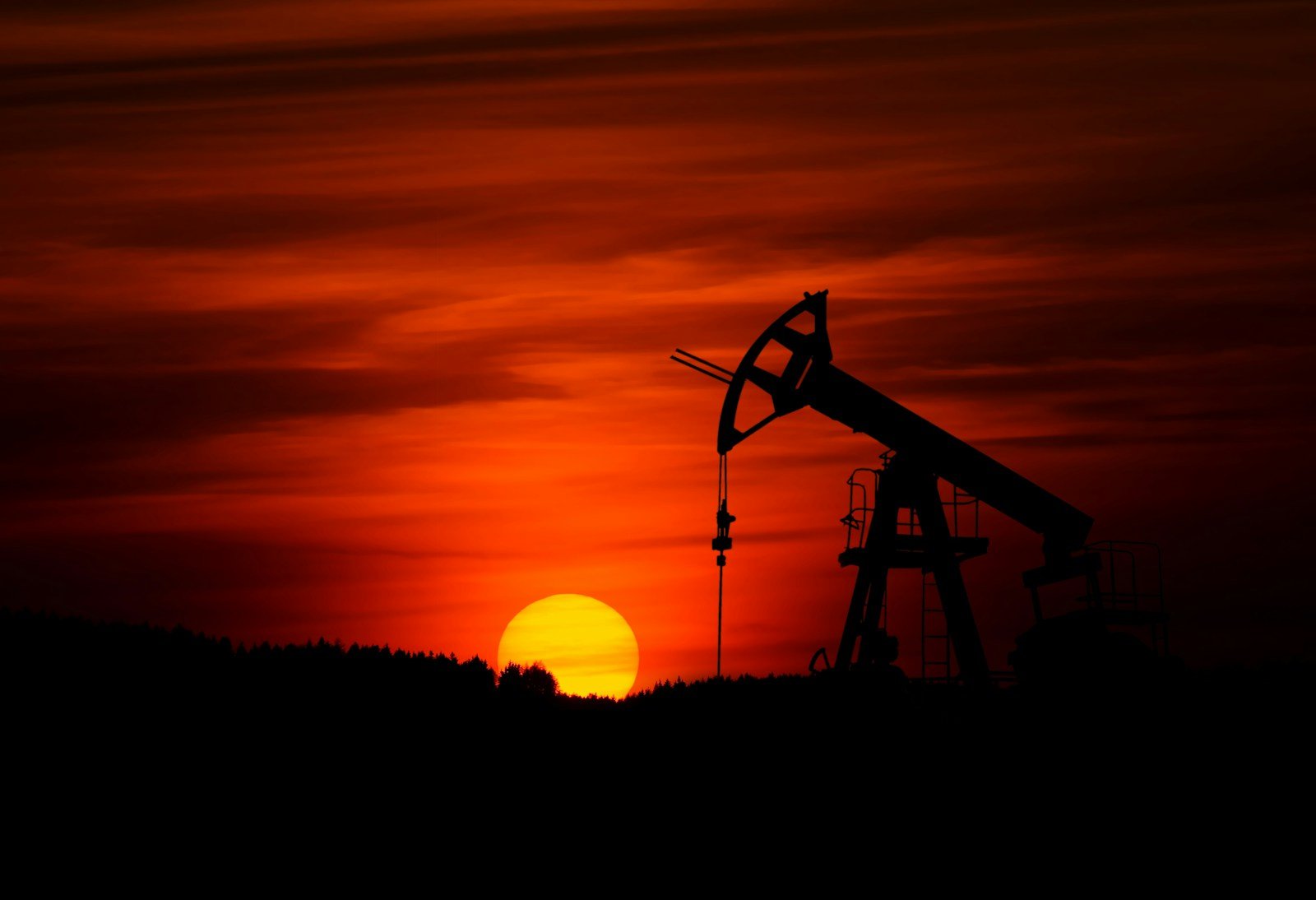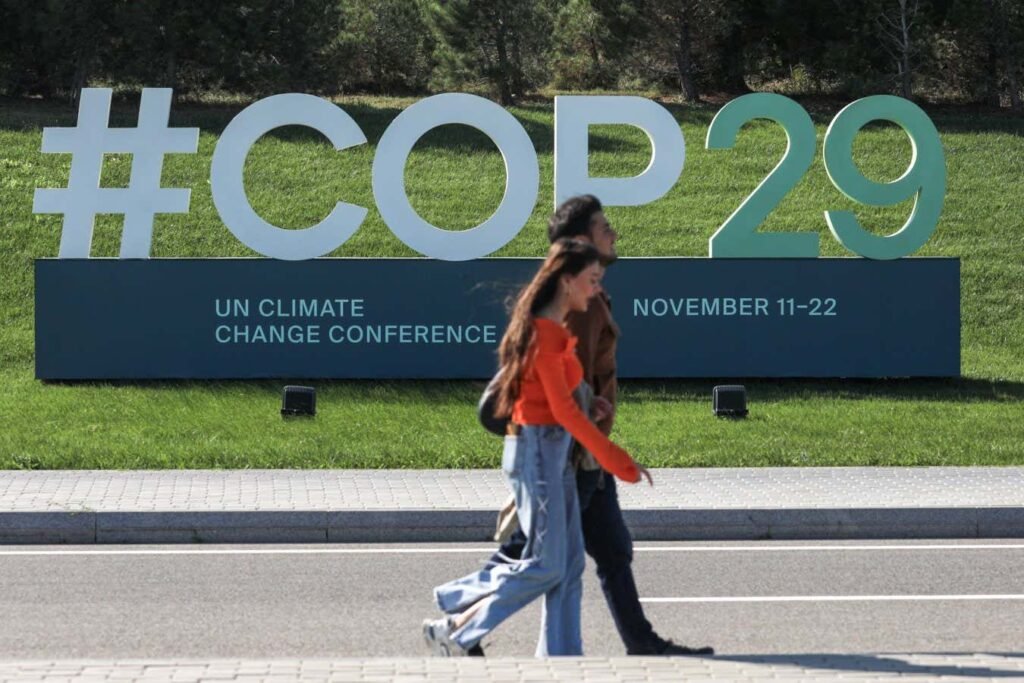Summary
A global survey by Opinium, commissioned by Greenpeace International, reveals strong public support for making oil and gas companies financially accountable for climate change impacts. With significant anger towards Big Oil’s practices, the research indicates that taxing these companies is seen as a fair and effective solution for climate action, cutting across borders and income levels.
Highlights -🌍
- Polluter Accountability: Majority favor making oil and gas companies pay for climate damages.
- Widespread Anger: 73% are upset about oil executives’ bonuses amid climate crises.
- Health Concerns: 71% express concern about pollution from fossil fuel extraction.
- Disinformation: 67% are frustrated with misinformation delaying climate action.
- Global Worry: 80% of respondents are concerned about climate change’s impact.
- North/South Divide: Greater personal experience with climate issues in the Global South.
- Economic Potential: A proposed climate damages tax could generate $900 billion by 2030.
Amsterdam – Making the oil and gas industry pay for climate impacts is ranked as the favoured policy choice, according to a survey conducted in eight countries across five continents by strategic insight agency, Opinium.[1] The study, commissioned by Greenpeace International, is published as the organisation steps up its global actions to defeat Big Oil’s attempt to silence opposition in courtrooms from London, to Paris, Rome, and North Dakota.
Abdoulaye Diallo, Co-Head of Greenpeace International’s Stop Drilling Start Paying campaign, which commissioned the survey, said: “This research shows how taxing the wealthy polluters in chief – companies like Exxon, Chevron, Shell, Total, Equinor and Eni – has become a mainstream solution among people, cutting across borders and income levels. As governments debate how to finance climate action, they can be confident that making polluters pay is not only fair, but also far more popular and effective than placing the burden on ordinary citizens for a crisis for which they bear little or no responsibility.”
Key insights from the report include:
Consensus on Big Oil’s role in climate change
- Asked about who should bear the most responsibility for climate change impacts, the most popular option across all eight countries in the survey was making oil and gas companies pay, with high-emitting countries and global elites ranked second and third.
- 60% of all surveyed countries see a link between profits of the oil and gas industry and rising energy prices.
Indignation about Big Oil
The survey also finds a majority in the surveyed countries is angry about:
- CEOs of oil and gas firms taking home huge bonuses whilst their business decisions are making climate change worse (73%).
- Risk and impacts on health and well-being, pollution and environmental impacts that come from oil or gas extraction (71%), as well as the historic and continued expansion of new oil and gas fields despite clear evidence that this makes climate change worse (66%).
- Disinformation shared on climate change in an effort to delay climate action and constant lobbying and influence over politicians and lawmakers (67%).
- The historical and ongoing role of oil and gas companies in conflict, war and human rights violations (66%).
Global concern about the climate crisis: a Global North/South divide
The survey reveals 80% of respondents are worried about climate change. A large majority of people are worried that it would harm them personally and an even greater majority of people worry it would harm future generations.
At the same time, the survey also reveals wide gaps between Global North and Global South countries regarding the exposure to the climate crisis. People surveyed in the Global North are twice as likely to have no personal experience with extreme weather events than those in the Global South (43%, 19% respectively).
This finding is in line with data on the high vulnerability to climate change of some of the countries which have done the least to cause it. [2][3]
Imposing a fair climate damages tax on extraction of fossil fuels by OECD countries – proposed by the charity Stamp Out Poverty and supported by 100 NGOs, including Greenpeace International – is one example of a tax on big polluters. This could generate USD 900 billion by 2030, based on a low initial rate of USD 5, rising USD5 each year thereafter. This would be key for annual climate-related loss and damage costs, estimated to be between USD 290-580 billion by 2030 in low-income countries, as well as for reducing the emission of heat-trapping greenhouse gases and adapting to the impacts of the climate crisis in all countries.
The Intergovernmental Panel on Climate Change (IPCC) has previously confirmed that more than a century of burning fossil fuels has been a key driver of global warming of 1.1°C above pre-industrial levels. [4]
The survey’s results demonstrate public support and sentiment across countries for the “Make Polluters Pay” policy principle, in line with other public opinion studies published this year, such as the Earth for All 2024 Survey [5].
Greenpeace International commissioned this study for the Stop Drilling Start Paying global campaign, which is working with millions of people to stop oil and gas companies from expanding, resist their intimidation, and force them to pay for the climate damages already felt by people across the world.
ENDS
Notes:
[1] Opinium Research: Greenpeace partnered with Opinium Research to conduct this research. Opinium Research polled 8,000 adults in Australia, Argentina, France, Morocco, Philippines,South Africa, UK and USA (1,000 per market) using an online methodology and a nationally representative sample based on age, gender and region. Fieldwork was conducted between 9 and 24 April 2024.
[2] The Notre Dame Global Adaptation Initiative’s country index data on climate vulnerability can be accessed here.
[3] Information on the large differences in greenhouse gas emissions across the world can be accessed on Our World in Data’s website.
[4] IPCC, 2023: Climate Change 2023: Synthesis Report. Contribution of Working Groups I, II and III to the Sixth Assessment Report of the Intergovernmental Panel on Climate Change [Core Writing Team, H. Lee and J. Romero (eds.)]. IPCC, Geneva, Switzerland, pp. 35-115. https://www.ipcc.ch/report/ar6/syr/
[5] IPSOS: Majority across the G20 support broader political and economic systems reform
Contacts:
Tal Harris, Global Media Lead for the “Stop Drilling, Start Paying” campaign, tharris@greenpeace.org, +41-782530550
Greenpeace International Press Desk: pressdesk.int@greenpeace.org, +31 (0) 20 718 2470 (available 24 hours)
Follow @greenpeacepress on X/Twitter for our latest international press releases.
Read the full post at Greenpeace International.





